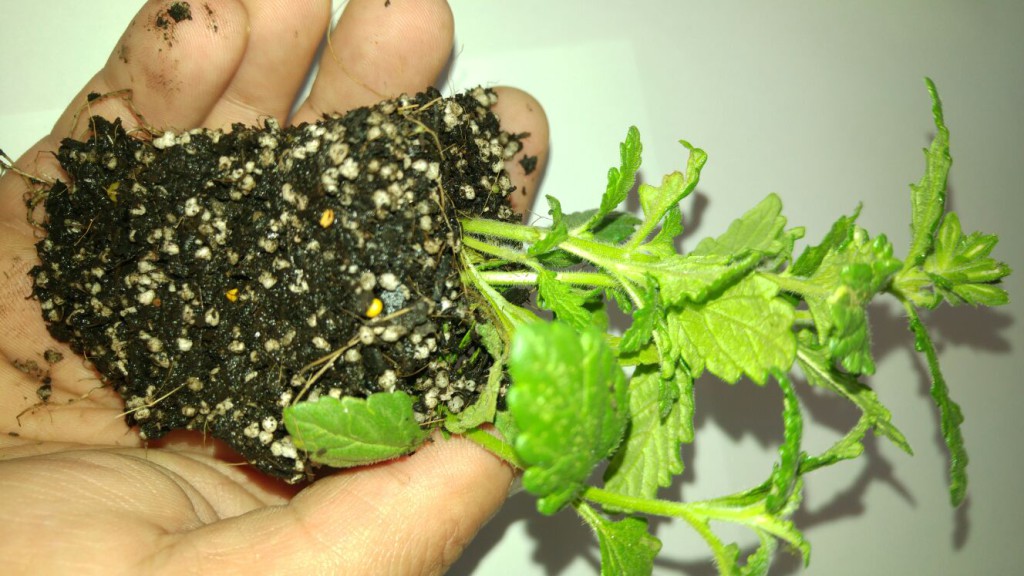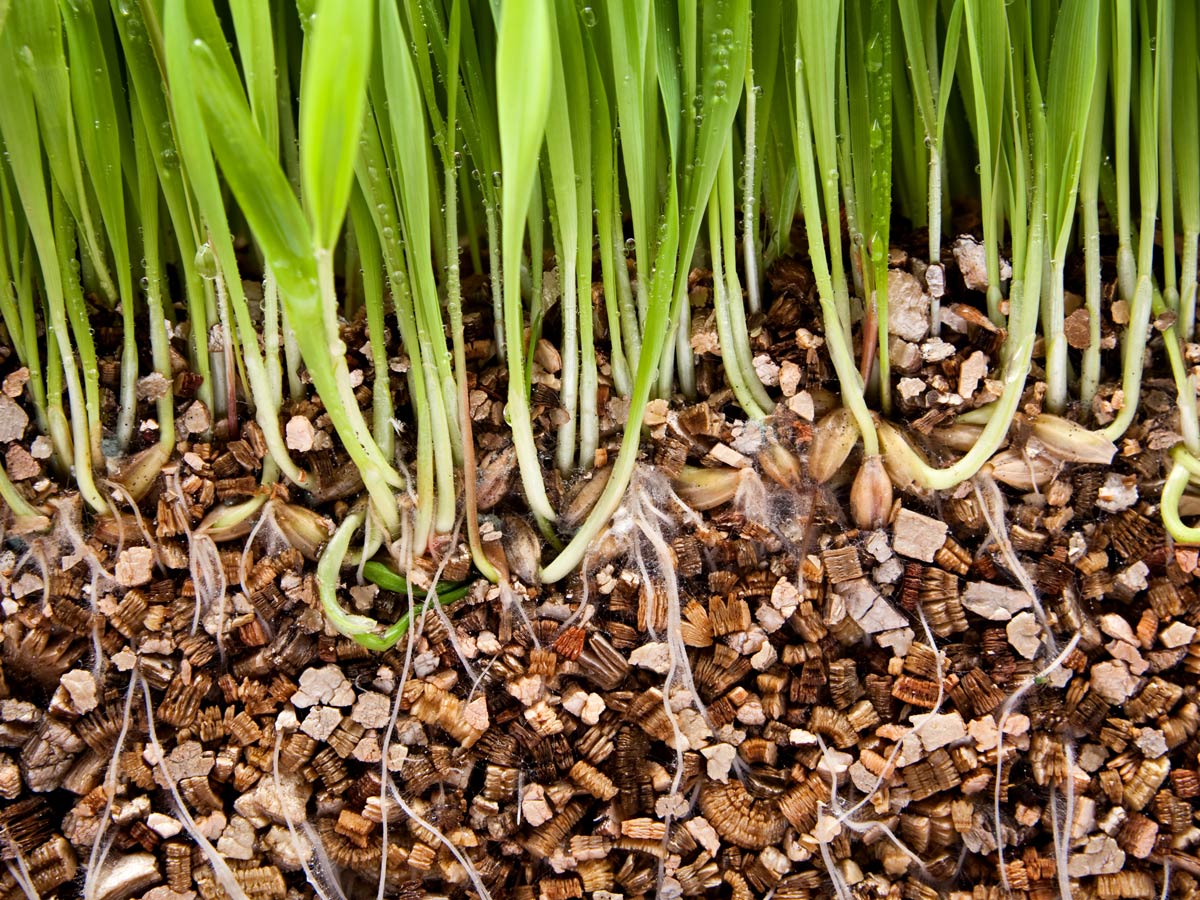VERMICULITE AND GARDENING
Vermiculite is a sterile, odourless and fireproof mineral. Along with another naturally occurring mineral – Perlite – it’s often added to potting soil or used in the horticultural and hydroponic industries.
VERMICULITE – A QUICK OVERVIEW
Vermiculite is a hydrated magnesium aluminium silicate mineral, and it resembles the mineral mica in appearance. Vermiculite can be found in various countries across the world. These countries include Australia, Brazil, Bulgaria, Kenya, Russia, South Africa, Uganda, USA and Zimbabwe. Vermiculite is non-carcinogenic and 100% safe.
THE SUN SILICATES VERMICULITE PROCESS
1. Here at Sun Silicates, we procure raw vermiculite from Palabora mining company who uses open cast mining techniques.
2. The Vermiculite ore is separated from other minerals and then screened or classified into several basic particle sizes.
3. The vermiculite ore is transported to the Sun Silicates production plant in Wadeville.
4. At the production plant, the raw vermiculite ore is loaded onto a screw conveyor and fed into a burner. The burner exfoliates the vermiculite at 950℃ (giving it the vermiculite’s signature concertina, worm-like look).
5. The exfoliated vermiculite then goes through a cyclone into a cooling box, which separates gritt from the final product.
6. The exfoliated vermiculite is then screened on a rotary sieve which sorts and separates the different sizes of the vermiculite particles. (Micron, Very Fine, Fine, Medium and Coarse)
7. The different particle sizes are then bagged in 10kg bags and are then ready to be distributed!
THE BENEFITS OF USING VERMICULITE IN YOUR GARDEN
Improves aeration
By adding vermiculite to the soil you can improve the soils ability to hold and release water back to the plants. Vermiculite is also porous and so will hold high levels of air in soils which is essential for both root respiration and for the existence of soil micro-organisms.
Enhances drainage
SunPerl Vermiculite is extremely absorbent. It soaks up the water and holds that water until the soil starts to dry out. It then releases the water into the soil.
Acts as a permanent soil conditioner
Unlike compost, which eventually breaks down into the soil, vermiculite doesn’t break down.
Makes other minerals available
SunPerl Vermiculite naturally reacts with soil compounds and makes available other nutrients such as calcium, potassium and magnesium.
Flower arrangements
Vermiculite can be used when arranging flowers. This eliminates the need to change the water, eliminates spills and keeps blooms fresh for days.
Growing media
Vermiculite can be used in hydroponics and soilless growing systems. These are beneficial in that little or no water or nutrients are wasted or washed away. The benefits here include the reuse of water and nutrients as well as full control over watering and nutrient levels that the plants receive
Vermiculite slightly raises the pH
Vermiculite is pH neutral, around 7.0 or so, but because of some compounds found within it, it can slightly raise pH, a plus for acidic soils.

SunPerl vermiculite can be seen in the soil that the plant is growing in.
Photo: Gerbrand Haasbroek
THE ENDLESS OTHER USES OF VERMICULITE MEAN THAT EVERYGARDENER SHOULD HAVE A BAG AT THEIR DISPOSAL AT ALL TIMES!
Sun Silicates is exhibiting at the Undercover Horticultural Conference in Centurion, Gauteng, at the St.George’s Hotel for the next 3 days (15 to 17 March 2016). Come and visit us at our stand if you are in the area!
Please visit our website www.sunsilicates.co.za for more information.
Grass growing in vermiculite Photo: Shutterstock



No Comments